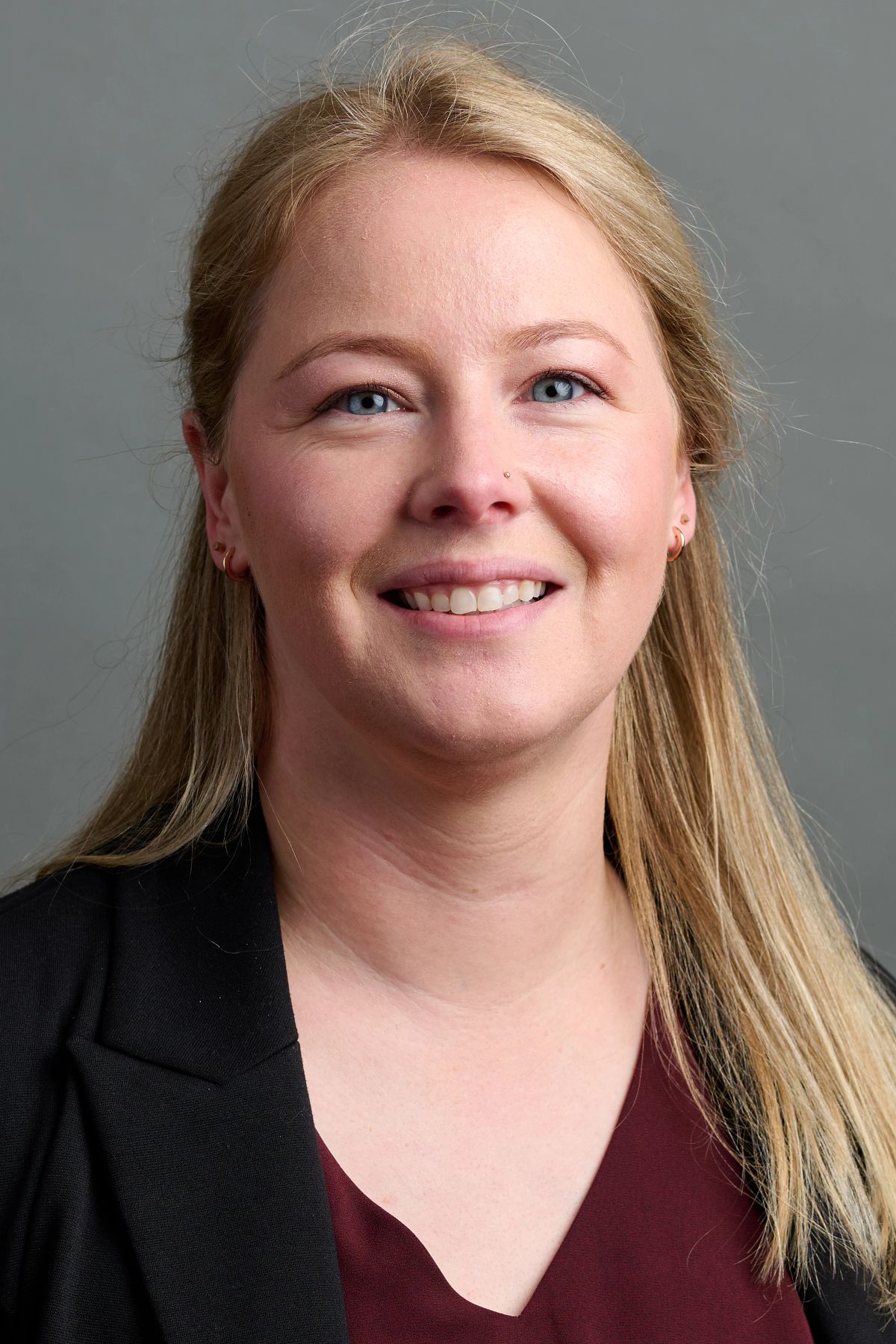Evaluating Toxicology Testing Approaches in Pediatric Care: A Comprehensive Overview with Case Study Insights
* You will be redirected to the BCM DCPD credit management site when claiming credit and may be asked to register or log in.
In this presentation, Dr. Rebecca Wilson discusses logistical, ethical, and legal considerations of performing toxicology tests in the medical management of pediatric patients. She highlights three clinical cases that exemplify toxicology practices in this patient population.
This Baylor Pathology Citywide Grand Rounds session took place on Monday, June 9, 2025 at 12:00 p.m. and has been approved for CME and Ethics credit.
Activity Information
How to Claim Credit
You may claim credit after watching this activity.
You will be redirected to the BCM DCPD credit management site when claiming credit and may be asked to register or log in.
Needs Statement
Physicians, fellows, residents, students, and researchers need to receive regular updates on advances in the field of pathology, especially with regard to neoplasms and infectious diseases. The series aims to review molecular alterations in neoplastic lesions that may improve tumor classification and molecular markers that could serve as novel therapeutic targets. It also aims to explore host-parasite interactions and evidence-based laboratory guidelines to improve the diagnosis of infectious diseases and patient outcomes.
Educational Objectives
At the conclusion of the activity, the participants should be able to:
- Recognize nuance and limitations of commonly used toxicology tests for pediatrics and prenatal testing.
- Explain ethical, social, and legal considerations with the application of toxicology testing in these populations.
- Discuss cases or toxicology practices and utilization of testing in a pediatric setting.
Target Audience
Professional Categories
- Physicians
- Medical Students
- Fellows
- Other Health Professionals
Specialties
- Pathology
- Pediatrics
Interest Groups
- Ethics
Activity Evaluation
Evaluation by questionnaire will address program content, presentation, and possible bias.
Educational Methods
- Lectures
Accreditation/Credit Designation
Baylor College of Medicine is accredited by the Accreditation Council for Continuing Medical Education (ACCME) to provide continuing medical education for physicians.
Baylor College of Medicine designates this enduring material activity for a maximum of 1.0 AMA PRA Category 1 Credit(s)™. Physicians should claim only the credit commensurate with the extent of their participation in the activity.
This activity has been designated by Baylor College of Medicine for 1.0 credit of education in medical ethics and/or professional responsibility.
Activity Director
Term of Approval
June 1, 2025 through June 30, 2027. Original release date: June 1, 2025.
Disclosure Policy
Baylor College of Medicine (BCM) is accredited by the Accreditation Council for Continuing Medical Education (ACCME) to provide continuing medical education (CME) for physicians. BCM is committed to sponsoring CE activities that are scientifically based, accurate, current, and objectively presented.
In accordance with the ACCME Standards for Commercial Support, BCM has implemented a mechanism requiring everyone in a position to control the content of an educational activity (i.e., directors, planning committee members, faculty) to disclose any relevant financial relationships with commercial interests (drug/device companies) and manage/resolve any conflicts of interest prior to the activity. Individuals must disclose to participants the existence or non-existence of financial relationships at the time of the activity or within 24 months prior.
In addition, BCM has requested activity faculty/presenters to disclose to participants any unlabeled use or investigational use of pharmaceutical/device products; to use scientific or generic names (not trade names) in referring to products; and, if necessary to use a trade name, to use the names of similar products or those within a class. Faculty/presenters have also been requested to adhere to the ACCME's validation of clinical content statements.
BCM does not view the existence of financial relationships with commercial interests as implying bias or decreasing the value of a presentation. It is up to participants to determine whether the relationships influence the activity faculty with regard to exposition or conclusions. If at any time during this activity you feel that there has been commercial/promotional bias, notify the Activity Director or Activity Coordinator. Please answer the questions about balance and objectivity in the activity evaluation candidly.
All of the relevant financial relationships listed for these individuals have been mitigated.
Disclosures
The following individual(s) has/have reported financial or other relationship(s) with commercial entities whose products/services may relate to the educational content of this activity:
Presenter
-

Rebecca Wilson, Ph.D., DABCC, NRCC
Assistant Professor, Department of Pathology and Laboratory Medicine
Cincinnati Children’s Hospital, University of Cincinnati
Disclosure:
Nothing to disclose.
Activity Director
-

James Dunn-Urbonas, Ph.D.
Associate Professor
Baylor College of Medicine
Disclosure:
- Research Support: Qiagen, Ltd. (ended)
- Advisory Committee Membership: Diasorin Molecular, Inc.
- Honorarium Recipient: Hologic, Inc. (current); Diasorin Molecular, Inc. (ended)
Planning Committee Members
-

-

James Dunn-Urbonas, Ph.D.
Associate Professor
Baylor College of Medicine
Disclosure:
- Research Support: Qiagen, Ltd. (ended)
- Advisory Committee Membership: Diasorin Molecular, Inc.
- Honorarium Recipient: Hologic, Inc. (current); Diasorin Molecular, Inc. (ended)
-

Tania Platero-Portillo, M.D.
Pathology Resident
Baylor College of Medicine
Disclosure:
Nothing to disclose.
-
Ila Singh, M.D., Ph.D.
Professor
Baylor College of Medicine
Disclosure:
- Honorarium Recipient: Diagnostica Stago (ended)
Health Topics
Presenter:

